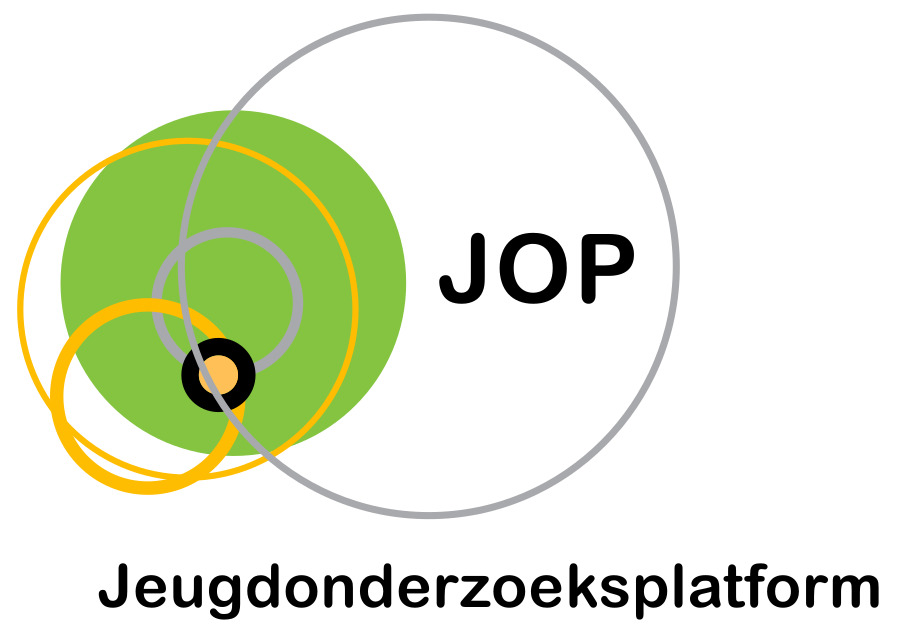Peer- and Coach-Created Motivational Climates in Youth Sport: Implications for Positive Youth Development of Disadvantaged Girls.
Auteurs
Schaillée, H., Theeboom, M., & Van Cauwenberg, J. (2017).

Abstract
Nederlands
Dit artikel heeft betrekking begeleiding in de georganiseerde vrije tijd. Er wordt gekeken in hoeverre het ‘motivational climate’ die door de begeleiders worden bewerkstelligd samenhangt met die door de deelnemende ‘peers’ wordt ervaren/gecreëerd, de positieve effecten die beide hebben op kwetsbare meisjes, en of individuele kenmerken van de meisjes nog een verschil maakten. Hierbij wordt vertrokken vanuit het kader Positive Youth Development. Tweehond meisjes in de leeftijd 12-22 en actief in een sportvereniging vulden een vragenlijst in over het klimaat binnen hun sportvereniging, hun welzijn (Positive Youth Development) en sociaal-economische achtergrond. Uit de resultaten blijkt dat hoe meer begeleiders een zogeheten ‘mastery oriented’ klimaat weten te creëren (een concept uit Positive Youth Developmentliteratuur), hoe beter de effecten voor de meisjes. Dit werd ook al in ander onderzoek gevonden. Eveneens blijkt uit de resultaten dat kwetsbare meisjes meer profijt hebben dan niet-kwetsbare meisjes van georganiseerde vrije tijd (in dit geval sport).
Engels
The relationship between coach- and peer-created motivational climates and Positive Youth Development is largely unexplored. This is especially true for the latter and in particular with regard to disadvantaged girls. The present study was designed to examine the relationships between perceived coach- and peer-created climates and reported developmental gains among disadvantaged girls participating in sports programmes, and to determine whether these relationships were moderated by personal characteristics. Two hundred young women aged between 12 and 22 completed a questionnaire which included the ‘Youth Experience Survey for Sport’ (MacDonald, Côté, Eys, & Deakin, 2012), the ‘Motivational Climate Scale for Youth Sports’ (Smith, Cumming, & Smoll, 2008), the ‘Peer Motivational Climate in Youth Sport Questionnaire’ (Ntoumanis & Vazou, 2005), and questions regarding participants’ socio-economic characteristics. Multilevel regression analyses were performed to take into account the hierarchical data structure. The analysis revealed that a mastery-oriented coach climate is a very strong predictor of perceived Positive Youth Development. This is based on both the number of developmental domains on which it had a significant impact and the explained variance based on the PRV values of the multi-level models. Unlike previous research on disadvantaged youth in general and disadvantaged girls in particular, the observed interaction effects did not show that disadvantaged girls necessarily gain more from their involvement in organised activities such as sport.
Referentie
Schaillée, H., Theeboom, M., & Van Cauwenberg, J. (2017). Peer- and Coach-Created Motivational Climates in Youth Sport: Implications for Positive Youth Development of Disadvantaged Girls. Social Inclusion, 5(2).
Taal
Engels
Publicatievorm
Tijdschriftartikel
ISBN
2183–2803
Trefwoorden
Begeleiders, vrienden, meisjes, motivatieklimaat, Positive Youth Development
